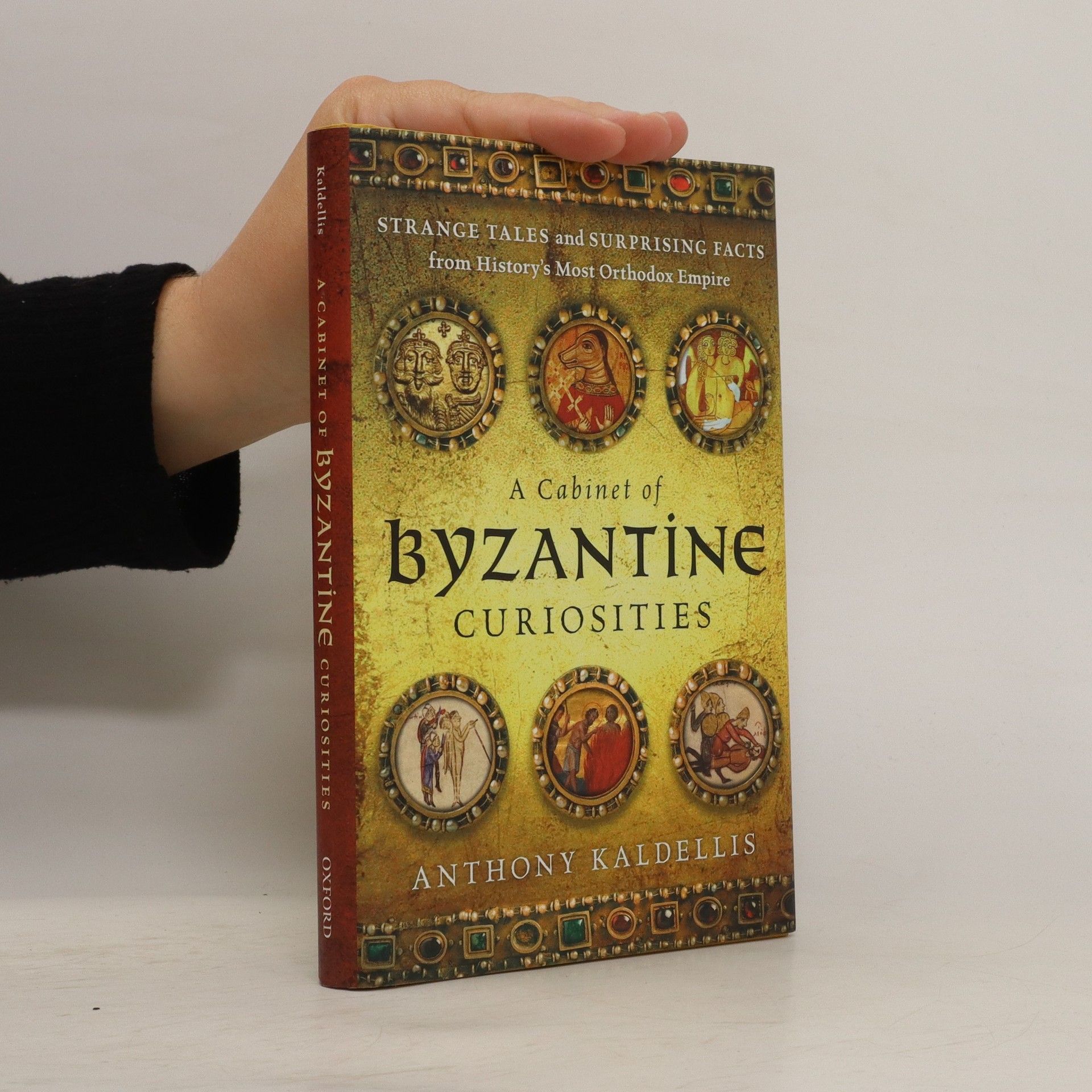The book challenges the conventional understanding of the Byzantine Empire, arguing that the term "Byzantine" was never used by its rulers. Kaldellis emphasizes the importance of recognizing the Romanness of the empire's inhabitants, suggesting that their identity has been misunderstood and misrepresented by later generations. Through this exploration, the author seeks to reshape the historical narrative surrounding the empire and its people.
Anthony Kaldellis Livres






Presenting a wealth of new evidence, Professor Kaldellis examines the history of Byzantine Athens. He focuses specifically on the Parthenon, which became a Christian church and a major site of pilgrimage and was part of a broader attempt to fuse pagan and Christian culture in the city.
Hellenism in Byzantium
The Transformations of Greek Identity and the Reception of the Classical Tradition
- 482pages
- 17 heures de lecture
Exploring the identity of being 'Greek' during late antiquity and the Byzantine era, this book delves into cultural, social, and political dimensions. It analyzes how Greek identity evolved amidst changing empires and influences, highlighting the significance of language, religion, and heritage. Through a comprehensive examination of historical texts and artifacts, it sheds light on the complexities of identity formation and the enduring legacy of Greek culture in a transformative period of history.
A Cabinet of Byzantine Curiosities
- 256pages
- 9 heures de lecture
A Cabinet of Byzantine Curiosities will reinforce these old prejudices, while also stimulating a deeper interest among readers in one of history's most interesting civilizations. Many of the zanier tales and trivia that are collected here revolve around the political and religious life of Byzantium.
The Case for East Roman Studies
- 112pages
- 4 heures de lecture
Kaldellis argues that the labels "Byzantium" and "the Byzantines" misrepresent the true nature and identity of the society under study. He advocates for a rebranding of Byzantine Studies to better reflect the historical reality of this civilization. Through his analysis, he challenges longstanding perceptions and encourages a reevaluation of how this influential society is understood and categorized by historians.
Focusing on the political and military history of Byzantium, this comprehensive narrative spans from the establishment of Constantinople in 324 AD to its fall to the Ottoman Turks in the fifteenth century. It offers an accessible exploration of twelve centuries, highlighting significant shifts in religion, society, administration, demography, and economy without the use of jargon. This work serves as a vital resource for understanding the complexities and transformations of the eastern Roman Empire.
Streams of Gold, Rivers of Blood
- 440pages
- 16 heures de lecture
A long overdue and thrillingly paced narrative of one of the most dramatic periods in Medieval history, Streams of Gold, Rivers of Blood provides an engaging chronicle of the various imperial upheavals, from the conquests of Basil to the collapse of Constantinople, concluding with the First Crusade.